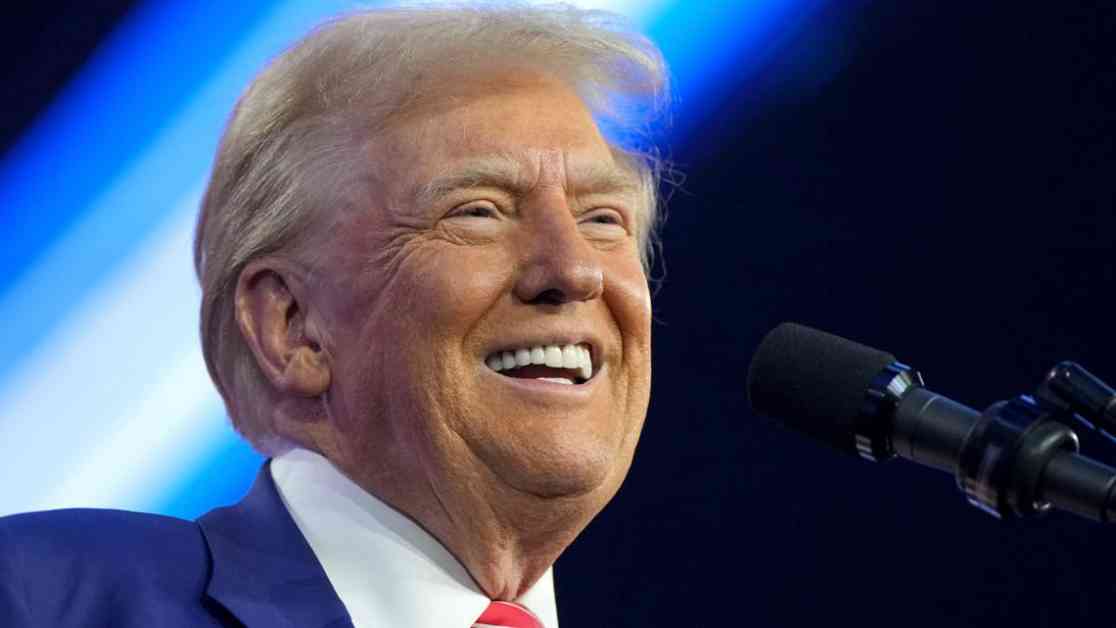Trump’s Bold Plan to Reclaim Panama Canal Control Sparks Global Concern
In a surprising turn of events, President-elect Donald Trump hinted at the possibility of the United States attempting to regain control of the Panama Canal, a critical waterway that has been in Panama’s possession since 1999. Trump’s bold declaration came during a rally in Phoenix, where he addressed a fervent crowd of supporters eager to hear his plans for the future.
Historical Context and Political Ramifications
The Panama Canal was ceded to Panama in 1999 as part of a treaty signed in 1977 under President Jimmy Carter. Trump’s remarks about reclaiming control of this vital transportation channel raised concerns both domestically and internationally. The canal serves as a crucial link between the Atlantic and Pacific Oceans, facilitating global trade and commerce.
Impact on Trade and Economy
Trump criticized the current system in place at the Panama Canal, highlighting what he perceived as exorbitant fees charged to shippers for passing through the waterway. He vowed that under his administration, such practices would come to an end, hinting at the possibility of the canal returning to U.S. control. However, the logistics and feasibility of such a move remain unclear, leaving many questions unanswered.
Global Response and Future Implications
The President of Panama, José Raúl Mulino, is expected to address Trump’s comments and their potential implications for international relations. The canal plays a significant role in Panama’s economy, generating a substantial portion of the government’s annual revenue. Any changes to its ownership or operation could have far-reaching consequences for both countries and the global shipping industry.
As the world awaits further developments on this controversial proposal, one thing is certain: Trump’s vision for America’s future includes bold and unconventional strategies that have the potential to reshape the geopolitical landscape. The implications of his statements regarding the Panama Canal will reverberate far beyond the shores of Panama, sparking debates and discussions about sovereignty, trade, and the balance of power on the world stage.









